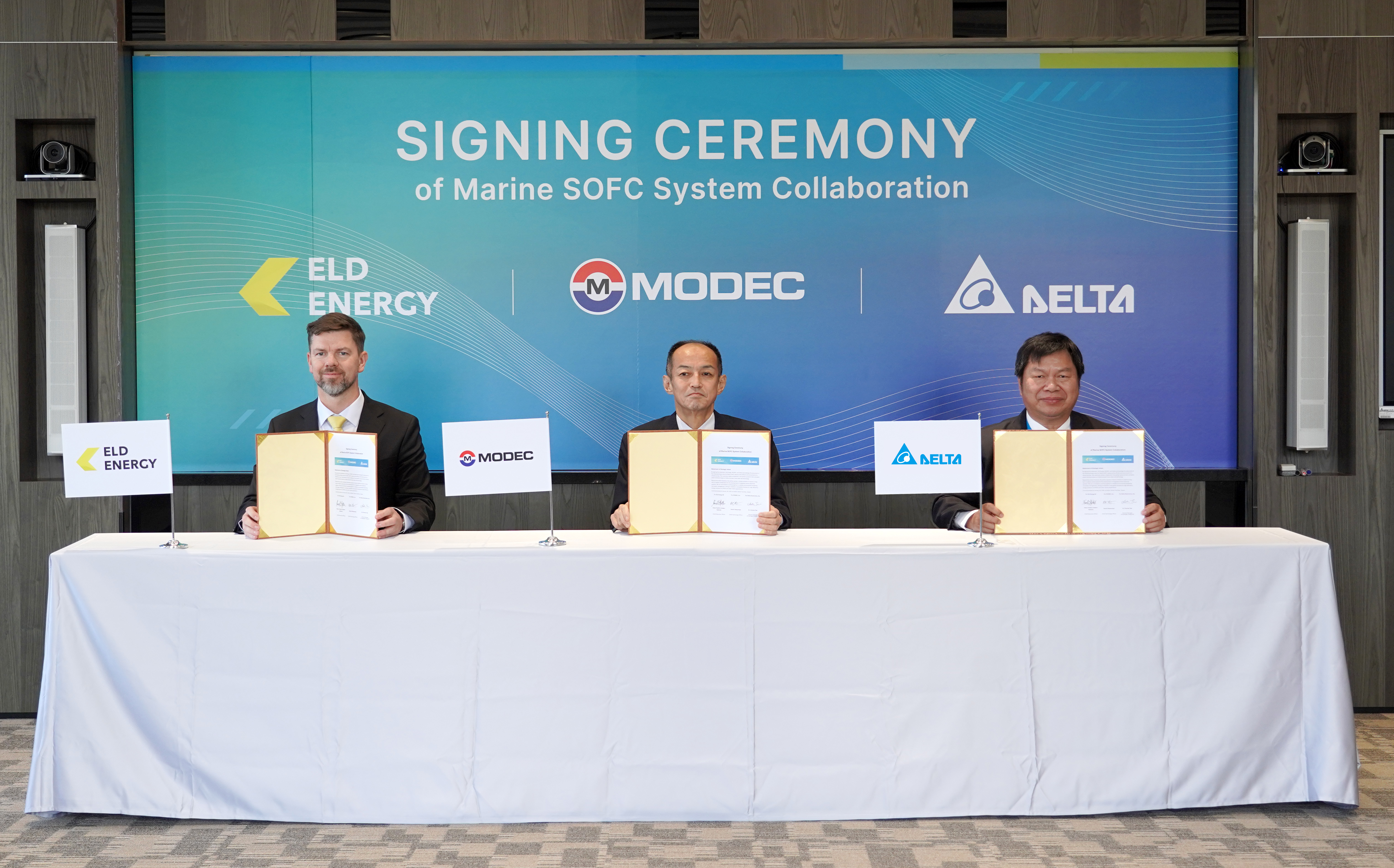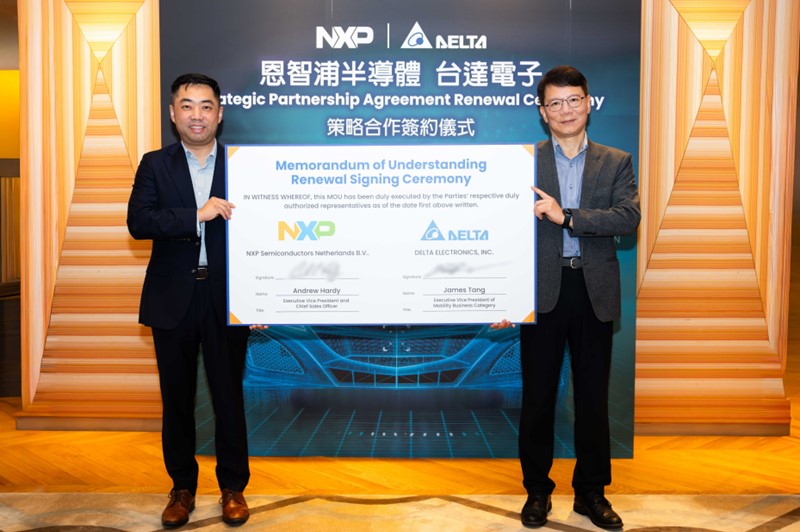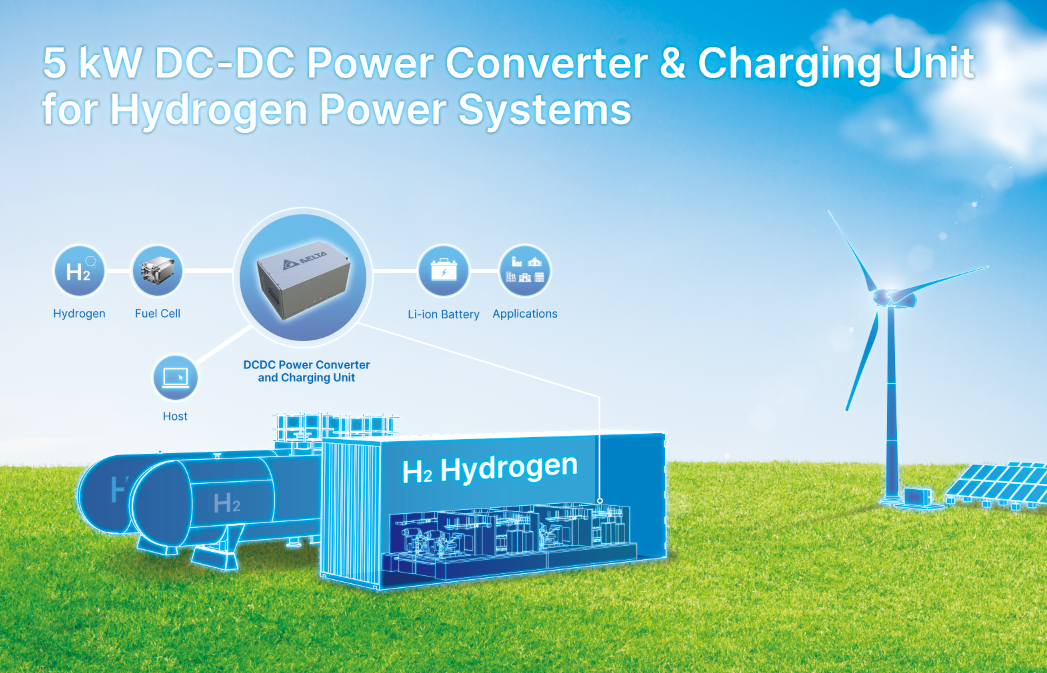
Delta completed a smart upgrade of an inverter production line at Taoyuan Plant 1 in March 2021, marking a milestone for its efforts in smart transformation in Taiwan.

Delta held a joint press conference at its Taoyuan Technology Center with upgrade partners, including Microsoft, PTC, and Far EasTone.

The production line adopts AR technology to virtualize equipment information.

Mixed Reality and HoloLens are mobilized to achieve automatic pick list downloads and pick path arrangement.








